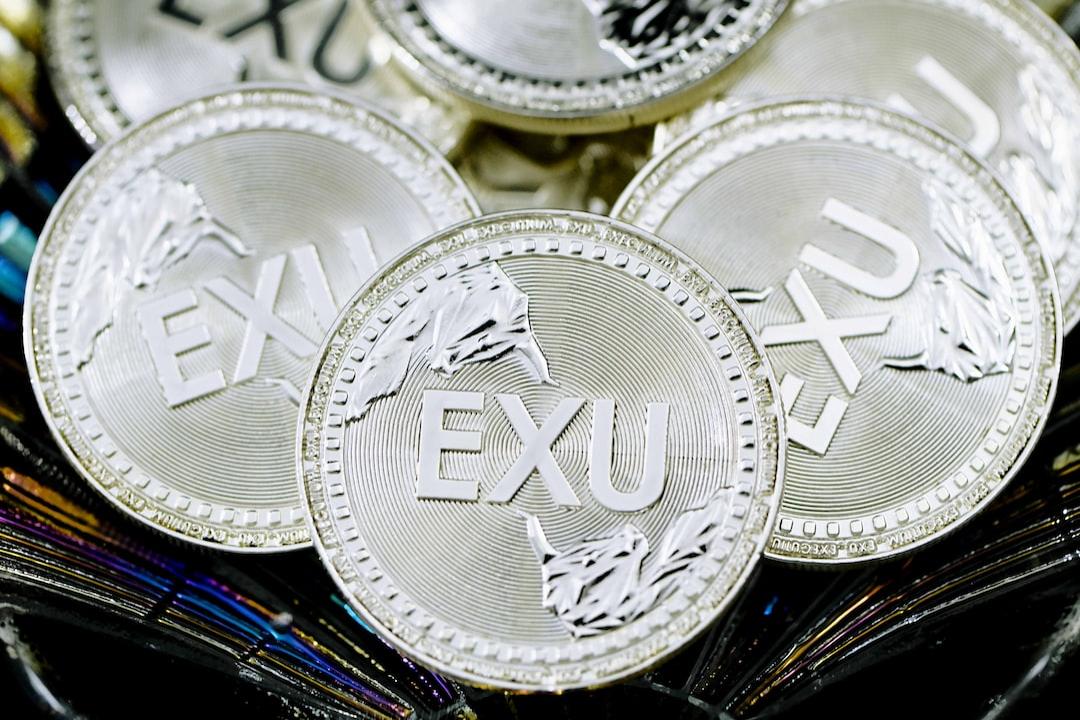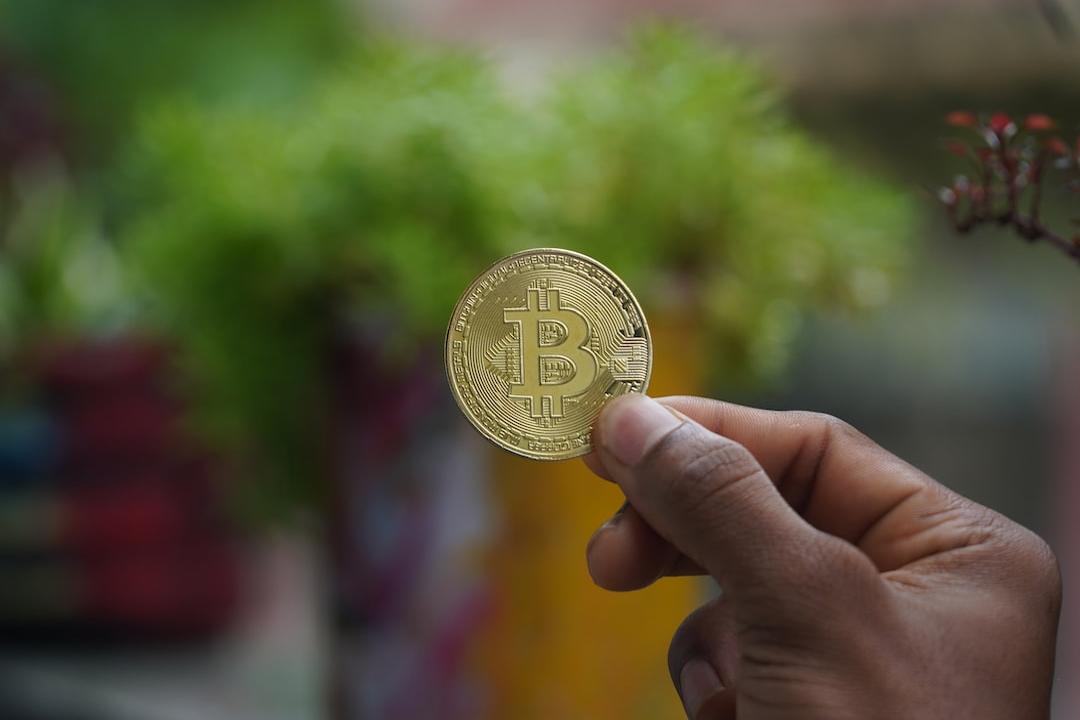Japans Liberal Democratic Party suffers a devastating defeat in the Lower House election causing the Japanese yen to depreciate to a threeyear low
Japanese Prime Minister Shigeru Ishiba, who took office at the beginning of October, called for an early election, only to face unexpected consequences. For the first time since 2009, the ruling coalition in Japan failed to secure a majority in parliament, leading the country into a period of political instability. The yen fell to a three-month low, while the Japanese stock market rose amid expectations that the coalition government would implement large-scale spending plans to boost the economy.
Ruling Coalition Suffers Major Defeat, Casting Political Uncertainty Over Japan
According to NHK statistics, the Liberal Democratic Party (LDP) and the Komeito Party together secured 215 seats, falling short of the 233 seats needed for a majority in the House of Representatives. An additional 250 seats were divided among six other parties. The political uncertainty may complicate the outlook for the Bank of Japan, which is trying to find an appropriate time to raise interest rates again. The market generally expects the Bank of Japan to maintain interest rates at its meeting on October 31.
Will the Bank of Japan Raise Rates in December?
According to Bloomberg, Takeshi Minami, chief economist at Norinchukin Research Institute, believes that a rate hike by the Bank of Japan in December remains a key expectation in the current market. The LDP has suffered a major defeat, and there is still time until December, but the challenge is that the Bank of Japan has indicated it will not raise rates during periods of market turbulence. The impact of the U.S. presidential election is still to be observed, thus increasing market uncertainty.
(Bank of Japan’s hawkish stance raises rates to 0.25%, marking the end of the cheap yen?)
Yen Continues to Depreciate
The dollar has risen against the yen for four consecutive weeks, currently quoted at 153.88. Although it is still a distance from the July high of 161.95, Japanese foreign exchange official Atsushi Mimura warned last week that he is closely monitoring the exchange rate movements, increasing the risk of Japanese authorities re-entering the market to protect the yen. Traders, considering the political uncertainty and the uncertainty surrounding the Bank of Japan’s potential rate hike, have seen the yen depreciate over 6% this month, making it the worst-performing currency among the G10. Meanwhile, the market’s expectations of a resurgence in Trump trades have further strengthened the dollar, contributing to the yen’s depreciation.
(With increased chances of Trump winning, what is trending in the market? Is Bitcoin also considered a Trump trade?)


